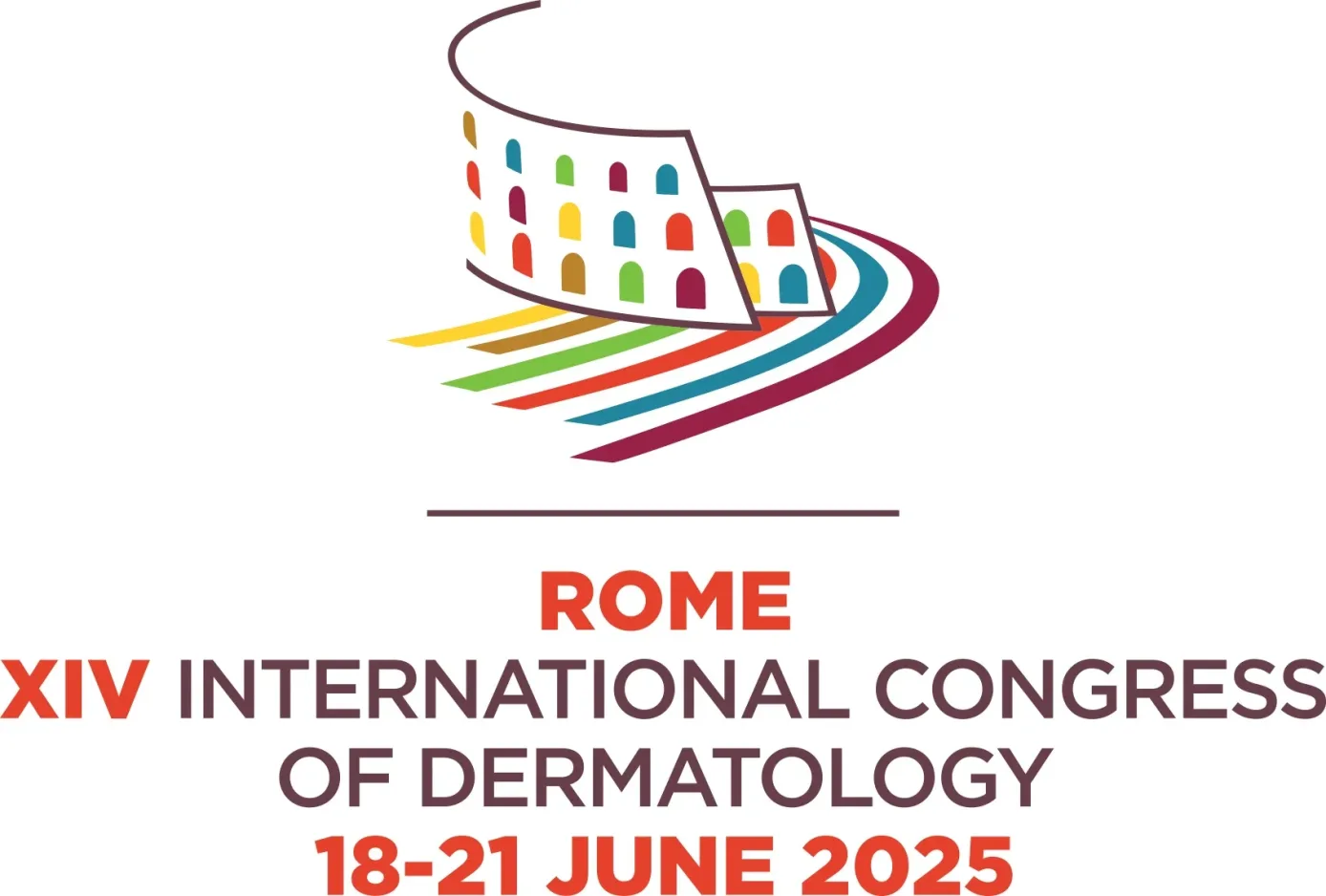Basel- April 2024- Roche announced that the U.S. Food and Drug Administration (FDA) has approved Alecensa® (alectinib) for adjuvant treatment following tumour resection for patients with anaplastic lymphoma kinase (ALK)-positive non-small cell lung cancer (NSCLC) (tumours ≥ 4 cm or node positive), as detected by an FDA-approved test. Alecensa is now the first and only ALK inhibitor approved for people with ALK-positive early-stage NSCLC who have undergone surgery to remove their tumour.
“With an unprecedented 76% reduction in the risk of disease recurrence or death versus chemotherapy, Alecensa significantly improves upon the standard of care for people with early-stage ALK-positive lung cancer,” said Levi Garraway, M.D., Ph.D., Roche’s Chief Medical Officer and Head of Global Product Development.
“The approval of Alecensa marks a pivotal moment for people newly diagnosed with early-stage ALK-positive lung cancer, who until now, were not able to receive ALK-specific therapy,” said Ken Culver, Director of Research and Clinical Affairs at ALK Positive, Inc.
Also Read: Bridging the cancer care gap: A real-world example of advancing multiple myeloma treatment
Currently, Alecensa, a kinase inhibitor, holds approval for treating ALK-positive metastatic NSCLC in both first and second-line settings. It has demonstrated significant efficacy in patients, including those with CNS metastases, and now with this approval, these benefits could extend to people with early-stage disease. Routine testing of resected surgical tissue or biopsy for ALK, EGFR and PD-L1 biomarkers in patients with stage IB to IIIA and select IIIB (UICC/AJCC 8th edition) NSCLC, in addition to in the advanced setting, is recommended by international guidelines, including the National Comprehensive Cancer Network® (NCCN®) Clinical Practice Guidelines in Oncology (NCCN Guidelines®), to support clinicians’ decision-making. About 5% of people with NSCLC are ALK-positive, equating to approximately 90,000 people worldwide diagnosed each year.3-5
Under the FDA’s Project Orbis initiative, international partners concurrently submitted and reviewed the application for this medicine. According to the FDA, collaboration among international regulators may allow patients with cancer to receive earlier access to products in other countries where there may be significant delays in regulatory submissions. For this review, FDA collaborated with the Australian Therapeutics Goods Administration (TGA), Health Canada (HC), Switzerland’s Swissmedic, and the United Kingdom’s Medicines and Healthcare Products Regulatory Agency (UK MHRA). Brazil’s National Health Surveillance Agency (ANVISA) and Singapore’s Health Sciences Authority (HSA) will also be participating as Type C Project Orbis Partners.













